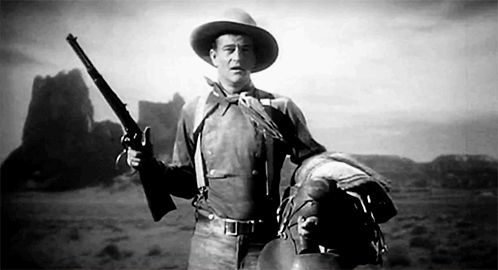Games are complex systems with many moving parts and a tremendous amount of information to process and hold together at once.
Yes, which is why they are often positioned as such a good analogy for disciplinary learning - as Gee did in our very first cycle readings.





